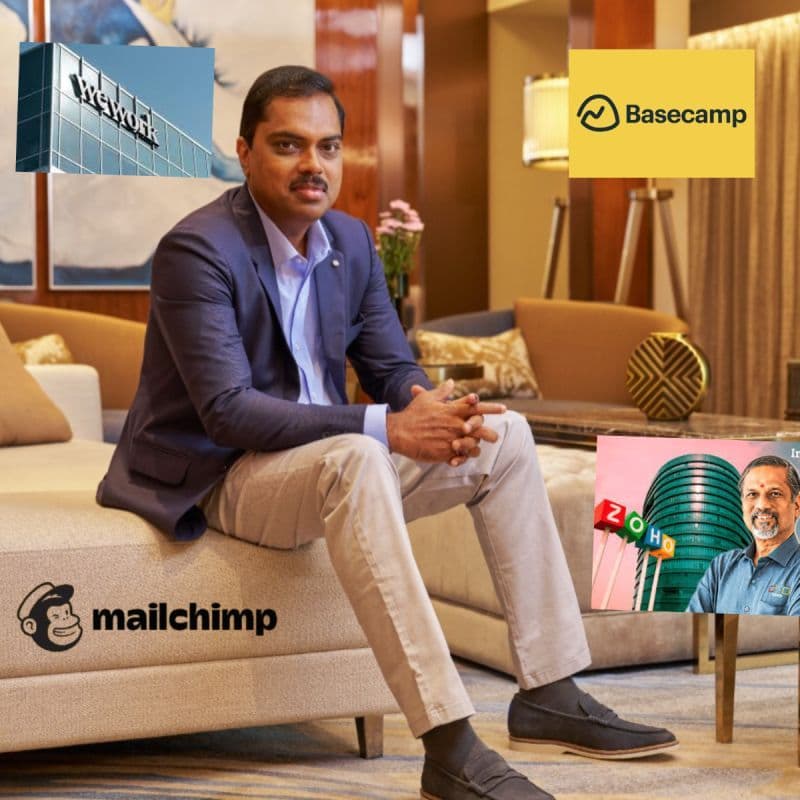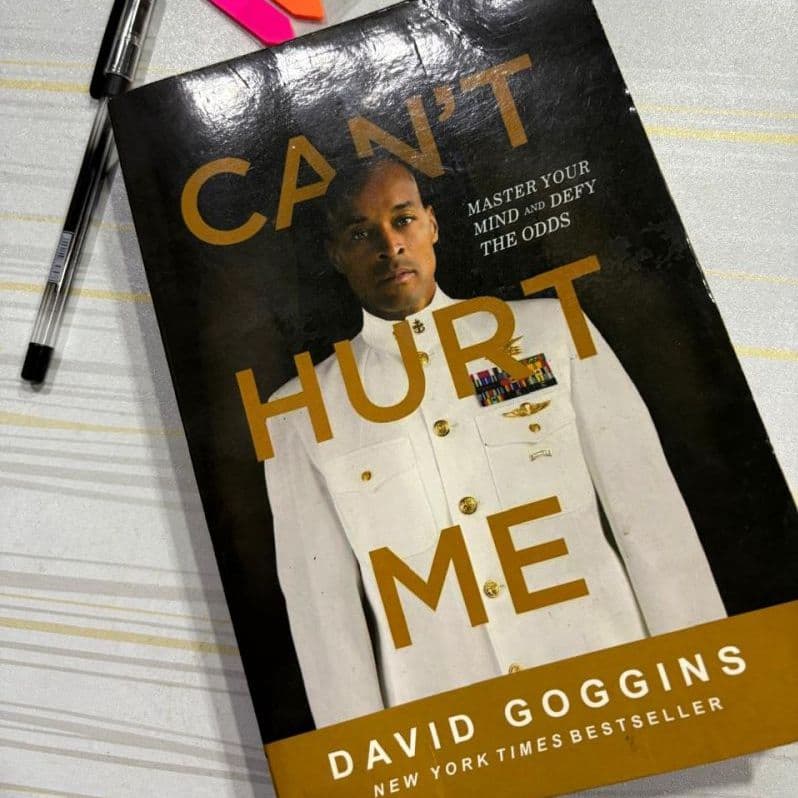
Hiring is a tricky business. On paper, the “safe” choice seems obvious: go for the candidate with the longest list of accomplishments, the most glowing recommendations, and the richest resume. After all, experience is a sign of capability, right?
Not always.
Experience looks good on paper, but I’ve found it’s not always helpful. Candidates with many years, whether across several companies or in one, can face challenges in a new environment. Adapting to new systems, people, and processes is often harder than they expect, despite their impressive background.
And the struggle has little to do with skills.
Two Types of Experience
When people talk about “experience,” they usually mean one of two things:
- Breadth of Experience – You’ve worked in many different organisations, gained exposure to varied processes, cultures, and leadership styles.
- Depth of Experience – Working at the same place for a long time helps you build deep knowledge. You get used to the people, the rules, and the flow of work. You may become an expert, but most of what you know works best only in that one company.
Both types sound impressive, and they often are. But here’s the catch: each comes with its own set of challenges.
The Common Downside: Lack of Adaptability
You’d think moving between companies builds flexibility, or that spending ten years in one role would give someone the resilience to handle change.
But I’ve found that adaptability isn’t guaranteed, no matter how much experience someone has.
I’ve noticed that candidates from multiple jobs often rely on their past experiences too much. They bring up how things worked before and try to apply those systems again. But what worked elsewhere doesn’t always work here, and it makes adapting to new processes harder for them.
Long-term employees often depend on the same hierarchy, rules, and workflows. When they move to a new job, those comforts are gone. They may feel unsure, especially in workplaces that demand faster decisions and have a different culture from what they’ve always known.
Either way, the issue isn’t a lack of skill, it’s a lack of blending in.
What I’ve Seen in My Team
We’ve hired plenty of people with impressive CVs. Names of big companies. Long tenures. Wide-ranging projects.
But once they step into the role, something happens. They start to look… confused. Days blend. Outputs become inconsistent. It’s as if they’re operating in a fog.
The strange part? The rest of the team keeps moving forward. Middle management, in particular, absorbs the pressure. They make sure work is delivered, deadlines are met, and clients remain happy.
It’s senior management, ironically, the ones you’d expect to lead with confidence, that sometimes falters the most.
Why Senior Management Feels It More
Middle managers work closely with employees, stepping in to fix issues and keep projects moving. Senior managers work differently. They set long-term goals, make difficult decisions, and guide culture. Their challenges are greater, and their failures are felt across the entire company, not just within a team.
When a senior hire can’t adapt, the cracks show quickly. That’s when many assume the founder should step in and “fix” things.
And I do, to an extent. But I’ve learned I can only influence so much. No matter how much onboarding or mentoring I provide, the willingness to adapt must come from the individual.
Why Experience Alone Isn’t Enough
Experience matters. I’m not here to say it’s irrelevant. But it’s not the defining factor in someone’s ability to succeed in a new role.
I’ve seen candidates with fewer years on their resume come in and succeed, not because they knew everything from day one, but because they had the right mindset. They asked questions. They were willing to learn. They didn’t cling to old ways just because “that’s how I’ve always done it.”
Someone who can blend into the culture, understand the pace of the team, and adapt to change will always outshine someone who has only experience on paper.
The Snake-Skin Analogy
Imagine it as the skin being shed by a snake. Just because the old skin was previously a part of it doesn't mean that the snake keeps it. To become a better, healthier version
The same applies to professional growth. You can’t carry your past ways of working into every new job and expect them to fit perfectly. You have to shed old habits, let go of outdated assumptions, and be willing to adapt to a new environment.
How I Test Adaptability During Interviews
When I interview candidates, I still value experience, but I dig deeper. I look for signs of adaptability:
- Can they give examples of times they had to unlearn something?
- Do they talk more about past achievements or how they overcame challenges?
- Are they open to feedback, or do they defend their methods too quickly?
Because at the end of the day, the ability to adapt is what determines whether a new hire will succeed.
So, here’s my question: Have you experienced something similar in your hiring journey? Have you ever brought in someone with an impressive background only to realise they struggled to fit in?
If so, you’ll understand why I now look for more than just experience. I look for the willingness to shed old skin and grow into something new.

Why Comfort Zones Kill Growth and How Leaders Can Change That

What If You Could Experience the Future of Healthcare Today with Healthverse?

Bootstrapped vs Funded: Startup Stories That Teach Us What Really Works
